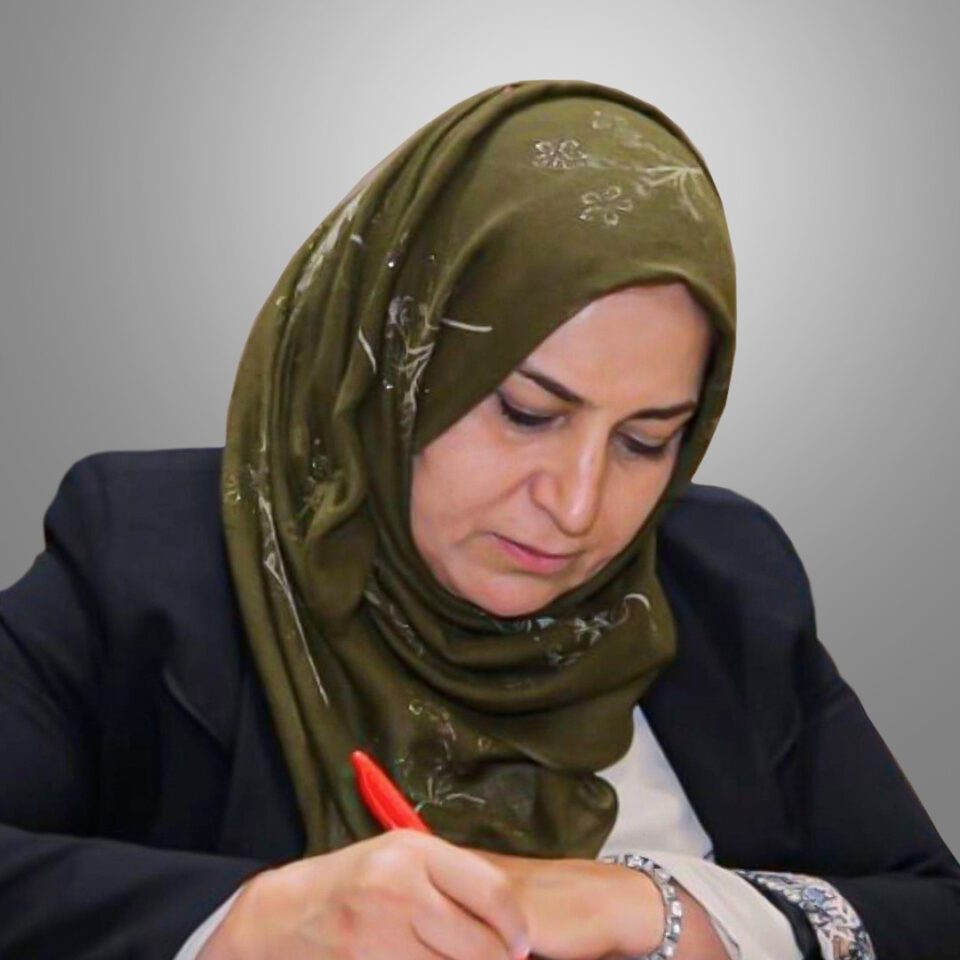By | Dr. Nazaket Hussen
The success of the recent election has brought hope and optimism to the Kurdistan Region. However, the series of crises and obstacles to the electoral process have left the people feeling exhausted.
The victory was a significant departure from the intense tension many had anticipated, as the election period was expected to be fierce and violent. Instead, a sense of calm has enveloped the market and the social and political environment. People are hopeful that the formation of a government will be swift and uncomplicated, as the electoral process unfolded smoothly.
It is crucial for the political parties, especially the winners, to remember that this hope must not be squandered. This sentiment was echoed by President Masoud Barzani of the Kurdistan Democratic Party, who stated that after the election, the door is open to all parties for forming a unified government, parliament, and Peshmerga power.
The establishment of the government is a vital component of the electoral process, particularly concerning the development and restoration of projects initiated by the nine cabinets of ministers. Furthermore, the political, social, and economic stability of the Kurdistan Region hinges on the formation of a strong government capable of confronting crises and fostering harmony among all community members.
Moreover, it is anticipated that a robust government will elevate the region to a new stage of economic and social development, aligning with modern advancements and contributing to global reconciliation efforts and problem-solving.
Creating stability in a region currently experiencing simmering conflicts among various forces, countries, and factions is essential. If a strong government is not formed soon, the region risks being sidelined in finding solutions and may become further entangled in regional conflicts.

